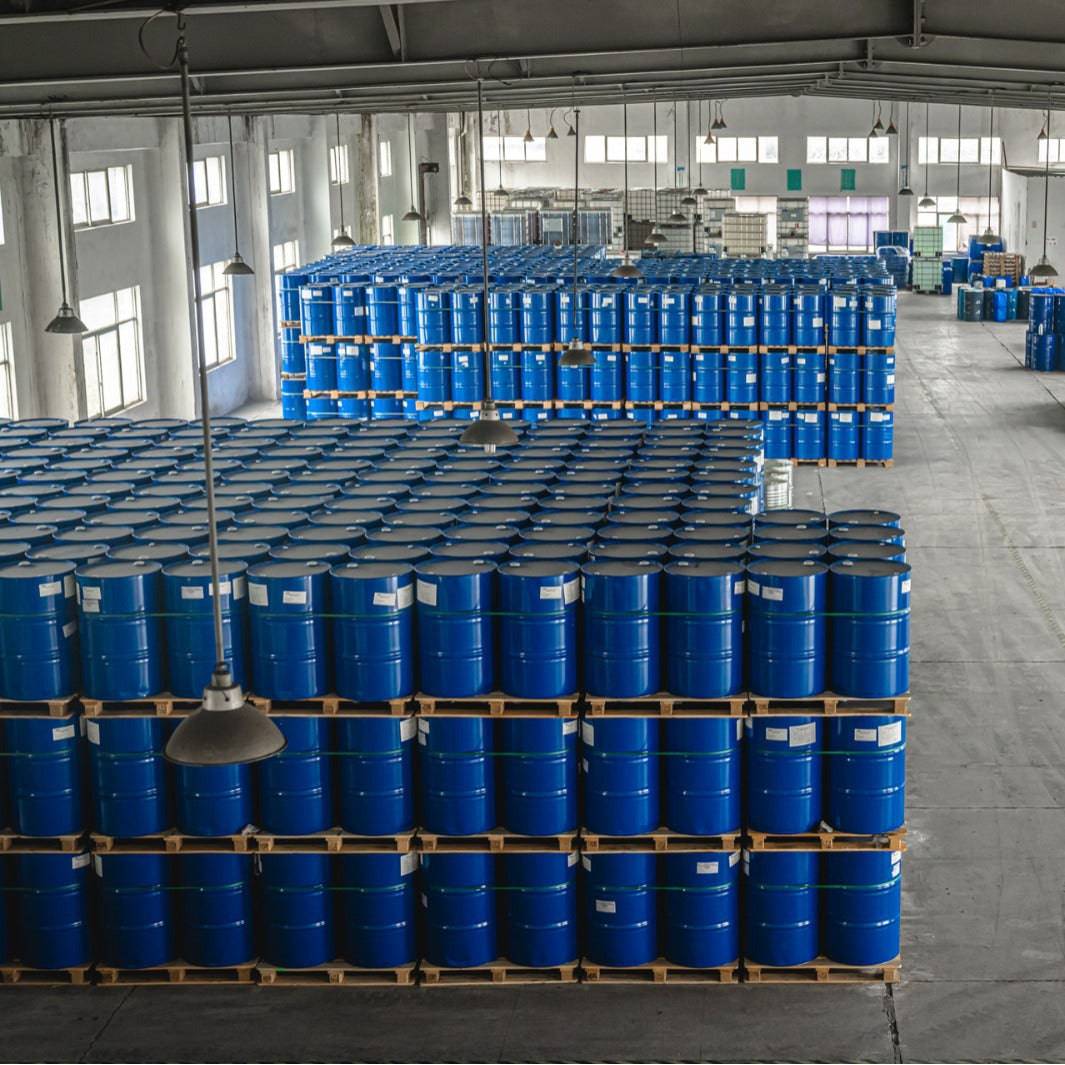Why Heat Transfer Fluid Is Necessary for Optimizing Energy Transfer in Solution
The duty of warm transfer liquids in optimizing power transfer is essential for achieving efficient thermal administration across different industrial markets. These liquids promote seamless warm exchange, guaranteeing processes operate within optimal temperature ranges and alleviating the danger of overheating.

Role in Thermal Administration
Warm transfer liquids play a crucial duty in thermal management by effectively regulating temperature levels in various commercial processes and systems. These specialized liquids facilitate the transfer of warmth in between various parts, making certain optimum operating problems and stopping overheating. By keeping exact temperature control, warm transfer fluids allow sectors such as chemical manufacturing, oil and gas, and power generation to operate safely and efficiently.
The selection of a proper heat transfer fluid depends on several aspects, including thermal security, warm capability, and thickness. High thermal security ensures that the fluid can hold up against extreme temperatures without breaking down, while a high warmth capability enables it to soak up and launch substantial quantities of warm - heat transfer fluid. Reduced thickness decreases the energy required for pumping, adding to general system effectiveness
Additionally, heat transfer liquids are indispensable in applications like refrigeration, where they help take in and dissipate warm during the cooling cycle. In solar thermal energy systems, these fluids capture and transport solar warm to generate electrical energy or provide warm water. Their versatility to varied operating conditions and capacity to keep regular thermal efficiency underscore their value in industrial thermal management, helping with functional continuity and boosting safety steps.

Enhancing System Performance
To take full advantage of the advantages of thermal administration, enhancing system effectiveness with the calculated use warmth transfer fluids is vital. These fluids play an important function in enhancing energy transfer by helping with consistent thermal policy, which consequently affects the general performance and long life of systems. Effective warm transfer results in minimized power losses, minimized functional expenses, and boosted integrity of equipment. By preserving ideal temperature degrees, warm transfer liquids aid make certain that systems operate within their developed specifications, therefore avoiding overheating and decreasing the risk of element failing.

Kinds Of Heat Transfer Fluids
The variety check my reference of warmth transfer liquids emphasizes their important duty in a variety of industrial applications, each customized to fulfill certain thermal management needs. These fluids help with reliable energy transfer and are chosen based upon vital residential or commercial properties such as thermal security, viscosity, and warmth capacity. The key types consist of water, glycol solutions, oils, and synthetics, each offering distinctive advantages.
Water is the most common warm transfer tool due to its high details heat capacity and reduced expense. Mineral oils are favored for their thermal stability and non-corrosive nature, making them appropriate for high-temperature applications.

These liquids ensure superior performance in systems where typical fluids content may fail. The choice of a heat transfer liquid is essential, as it affects system effectiveness, safety and security, and long life.
Environmental and Economic Benefits
Using the ideal warmth transfer liquids uses substantial ecological and financial benefits for commercial procedures. Eco friendly warm transfer fluids, frequently naturally degradable and safe, decrease the danger of dirt and water contamination in the event of leaks or spills, thus protecting environments and conforming with stringent environmental regulations.
Economically, the ideal heat transfer liquid can considerably minimize operational costs. Liquids with prolonged lifecycle performance lower the frequency of replacements and upkeep, lowering downtime and connected costs. Generally, the calculated use of optimum heat transfer fluids supports sustainable financial development and ecological stewardship.
Picking the Right Fluid
Just how does one browse the complex procedure of selecting the ideal warm transfer liquid for industrial applications? Thermal security makes certain the fluid can hold up against high temperatures without degrading, while compatibility prevents corrosion or other detrimental responses with system elements.
Additionally, the liquid's warmth capability and viscosity are vital. A high warmth capacity permits the liquid to absorb and transfer even more power, improving efficiency. At the same time, ideal thickness guarantees marginal pump job and effective heat transfer, specifically in varying temperature levels. Environmental and safety aspects ought to additionally be part of the decision-making process. Non-toxic, naturally degradable fluids decrease environmental effect and abide by regulative standards, minimizing liability risks.
Verdict
The strategic selection and application of warmth transfer liquids are essential to optimizing power transfer across numerous systems. By making sure high thermal stability and ability, these fluids give precise temperature control and boost general system performance.